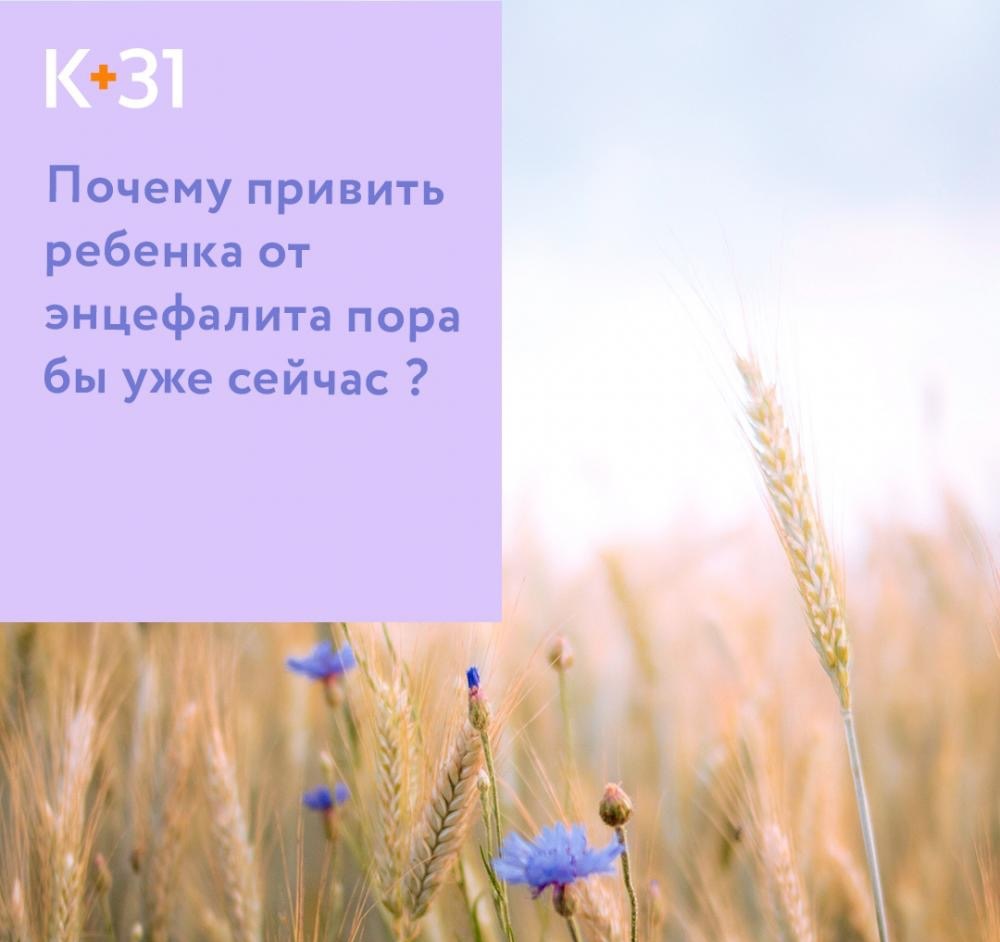Vaccination against encephalitis in K+31

We are used to the fact that endemic zones for tick-borne encephalitis are distant territories somewhere in Siberia. However, for more than one year in a row, endemic territories for this disease have been the Taldom and Dmitrovsky districts of the Moscow region, as well as the territories of the Tver, Yaroslavl, Ivanovo, Leningrad regions and many others, which is confirmed by the data of Rospotrebnadzor dated 17.02.2021 No. 02/0325-2021-32.
More about the K+31 vaccination program.
What is tick-borne encephalitis?
This is an acute infectious disease transmitted by the bite of an ixodid tick, and is accompanied by damage to the central nervous system.
What are the symptoms?
The first symptoms include high fever, malaise, headaches, joint and muscle pain. Then, after a few days, symptoms of damage to the nervous system appear: impaired consciousness, vomiting, disorder of the sensitive and motor spheres.
What are the possible complications?
Atrophy of muscle tissue, flaccid paralysis, mental retardation, mental disorders, hearing and vision impairment, epileptic seizures, difficulty speaking. There is a possibility of death.
How to treat?
There is no specific therapy, symptomatic therapy is carried out. In Russia, in the first 96 hours, human immunoglobulin against tick-borne encephalitis is administered to an unvaccinated patient or vaccinated less than 10 days before infection. Due to the fact that the first symptoms are similar to the flu, it becomes difficult to make a diagnosis, before the development of damage to the nervous system, which slows down the diagnosis and initiation of treatment and this increases the risk of complications.
Can a child be protected?
There is a vaccine. Vaccination can be carried out from 1 year of age. Immunity appears 2 weeks after the second vaccination, so it is optimal to administer the first two doses before the ticks awaken. There is an emergency vaccination scheme (the vaccine is administered twice with an interval of 2 weeks. Revaccination is also carried out one year after the second vaccination, then every 3 years).
More about the K+31 vaccination program.
Thank you for the comments of the pediatrician K+31 on Lobachevskogo Sologub Anna Sergeevna.
